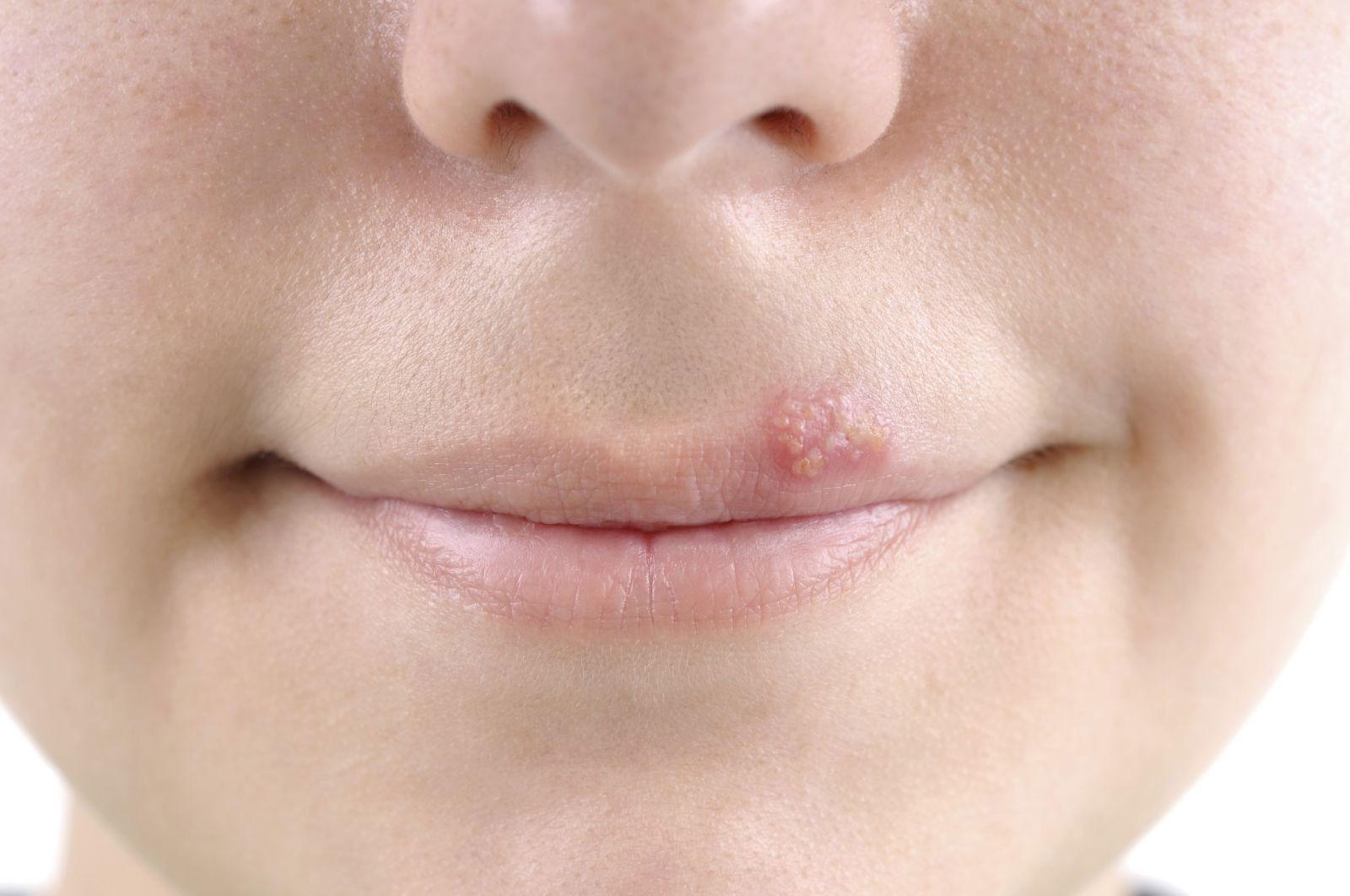Understanding Cold Sores: Causes, Symptoms, and Treatment Options
Cold sores, also known as fever blisters, are a common viral infection that affects millions of people worldwide. They are caused by the herpes simplex virus (HSV) and typically appear as small, fluid-filled blisters on or around the lips. While they may seem like a minor annoyance, cold sores can be quite painful and can last for several weeks. In this article, we will discuss the causes, symptoms, and treatment options for cold sores.

One of the main causes of cold sores is the herpes simplex virus (HSV). This virus is highly contagious and can be easily transmitted from person to person through close contact, such as kissing or sharing utensils. Once a person is infected with HSV, the virus can remain dormant in the body for years and may be triggered by certain factors, such as stress, illness, or exposure to sunlight.
The symptoms of cold sores can vary from person to person, but they typically begin with a tingling or burning sensation around the lips, followed by the appearance of small, fluid-filled blisters. The blisters can be quite painful and may be accompanied by other symptoms, such as fever, headache, and swollen glands. After a few days, the blisters will rupture and form a crust, which will eventually heal and fall off. While there is no cure for cold sores, there are several treatment options available to help relieve the symptoms and speed up the healing process. Over-the-counter creams and ointments, such as docosanol and acyclovir, can help reduce the pain and swelling associated with cold sores. In addition, antiviral medications, such as valacyclovir and famciclovir, can help reduce the severity and duration of cold sore outbreaks. Prevention is key when it comes to cold sores. To reduce your risk of getting cold sores, it is important to practice good hygiene, such as washing your hands frequently and avoiding close contact with people who have active cold sore outbreaks. You should also avoid sharing utensils, towels, or other personal items with others, as these can easily spread the virus. In conclusion, cold sores are a common viral infection that can be quite painful and last for several weeks. They are caused by the herpes simplex virus (HSV) and can be easily transmitted from person to person through close contact. While there is no cure for cold sores, there are several treatment options available to help relieve the symptoms and speed up the healing process. Prevention is key when it comes to cold sores, so be sure to practice good hygiene and avoid close contact with people who have active cold sore outbreaks.